As a Nigerian citizen with family ties to a European Union (EU) country, navigating the Schengen visa application process can be complex. However, with the right guidance, you can successfully obtain a visa to visit your loved ones in Europe. In this blog post, we’ll explore the Schengen family visa rules for Nigerian applicants, including eligibility, required documents, application procedures, and tips for a successful application.
What is a Schengen Family Visa?
A Schengen family visa is a type of short-stay visa that allows family members of EU citizens to visit their relatives in any of the 26 Schengen countries. These countries include Austria, Belgium, Czech Republic, Denmark, Estonia, Finland, France, Germany, Greece, Hungary, Iceland, Italy, Latvia, Liechtenstein, Lithuania, Luxembourg, Malta, Netherlands, Norway, Poland, Portugal, Slovakia, Slovenia, Spain, Sweden, and Switzerland.
📌 Read More
Eligibility for a Schengen Family Visa
To be eligible for a Schengen family visa as a Nigerian applicant, you must meet the following criteria:
1. Family Relationship: You must be a family member of an EU citizen, such as a spouse, child, parent, or grandparent. You may also be eligible if you’re a dependent family member, such as a sibling or niece/nephew.
2. EU Citizen’s Status: Your EU citizen family member must be a citizen of an EU country and have exercised their treaty rights by living or working in another EU country. This is known as the “EU citizen’s right of free movement.”
3. Purpose of Visit: You must demonstrate that the purpose of your visit is to accompany or join your EU citizen family member in the Schengen country.
Required Documents for a Schengen Family Visa Application
When applying for a Schengen family visa, you’ll need to provide the following documents:
1. Valid Passport: A valid Nigerian passport with at least two blank pages and a validity period that exceeds the intended stay in the Schengen area by at least three months.
2. Completed Application Form: A completed and signed Schengen visa application form.
3. Recent Photos: Two recent passport-sized photos that meet the Schengen visa photo requirements.
4. EU Citizen’s Proof of Citizenship: Proof of your EU citizen family member’s citizenship, such as a passport or national ID card.
5. Proof of Family Relationship: Documents that demonstrate your family relationship with the EU citizen, such as:
– Marriage certificate (for spouses)
– Birth certificate (for children or parents)
– Adoption certificate (if applicable)
6. Proof of EU Citizen’s Residence: Proof of your EU citizen family member’s residence in the Schengen country, such as:
– Residence permit
– Utility bills
– Rental agreement
7. Travel Itinerary: A travel itinerary that includes flight reservations, accommodation bookings, and travel insurance that covers medical expenses up to €30,000.
8. Financial Documents: Proof of sufficient financial means to support yourself during your stay, such as bank statements or proof of income.
Application Procedure for a Schengen Family Visa
To apply for a Schengen family visa, follow these steps:
📰 Similar Posts
1. Determine the Relevant Embassy or Consulate: Identify the embassy or consulate of the Schengen country where your EU citizen family member resides.
2. Schedule an Appointment: Book an appointment with the embassy or consulate to submit your application.
3. Submit Your Application: Attend the appointment and submit your application, along with all required documents.
4. Pay the Application Fee: Pay the Schengen visa application fee, which currently stands at €80 for most applicants.
5. Wait for Processing: Wait for the embassy or consulate to process your application, which typically takes 15-30 days.
Tips for a Successful Schengen Family Visa Application
To increase your chances of a successful application, follow these tips:
1. Ensure Complete and Accurate Documentation: Make sure all your documents are complete, accurate, and meet the requirements.
2. Demonstrate Strong Ties to Nigeria: Show strong ties to Nigeria, such as a stable job, property ownership, or family commitments, to demonstrate your intention to return after your visit.
3. Provide Proof of Financial Means: Ensure you have sufficient financial means to support yourself during your stay, and provide proof of income or bank statements.
4. Show Clear Travel Plans: Provide a clear travel itinerary, including flight reservations and accommodation bookings.
5. Apply Well in Advance: Apply for your Schengen family visa well in advance of your planned travel dates to allow for processing time.
Common Challenges and Solutions
Some common challenges Nigerian applicants may face when applying for a Schengen family visa include:
1. Difficulty in Proving Family Relationship: Ensure you provide all necessary documents to prove your family relationship, such as birth or marriage certificates.
2. Insufficient Financial Means: Provide proof of sufficient financial means, such as bank statements or proof of income.
3. Lack of Clear Travel Plans: Ensure you provide a detailed and clear travel itinerary, including flight reservations, accommodation bookings, and travel insurance that meets the Schengen visa requirements. This will help demonstrate the purpose and duration of your trip, and increase your chances of a successful application.
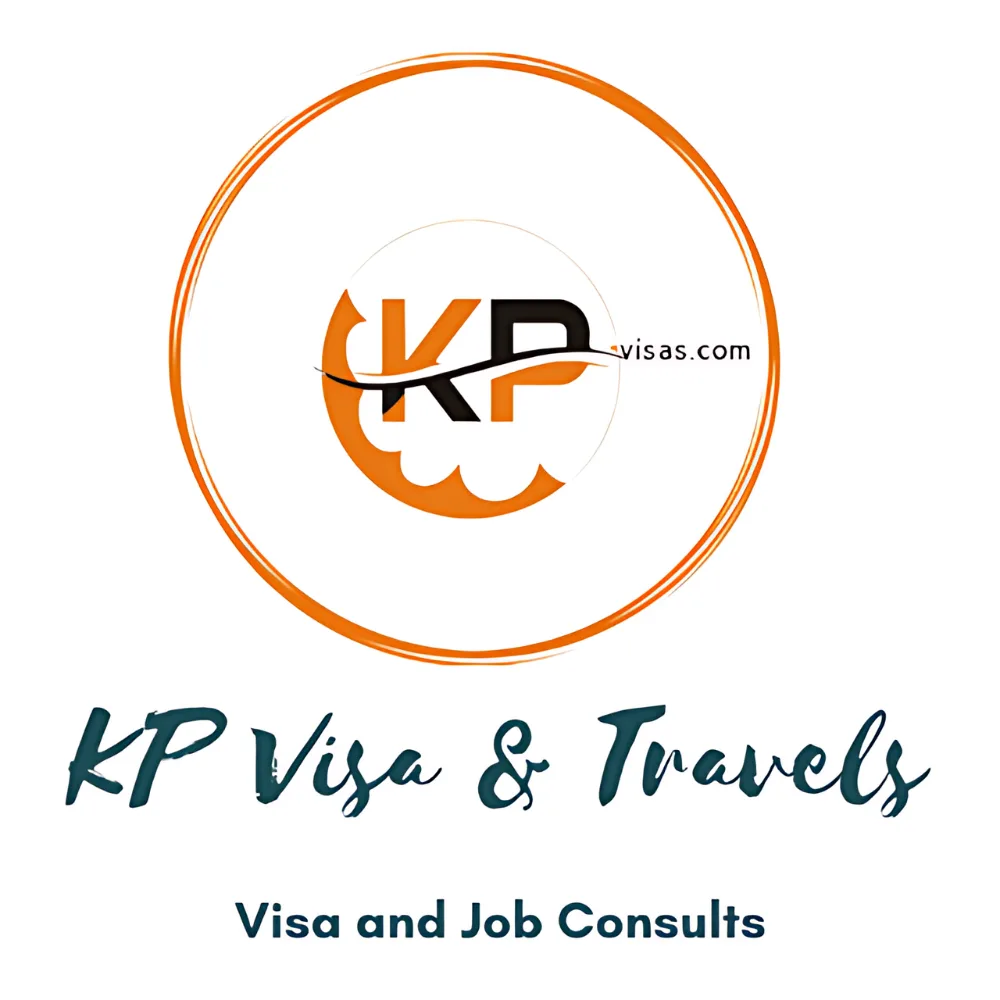
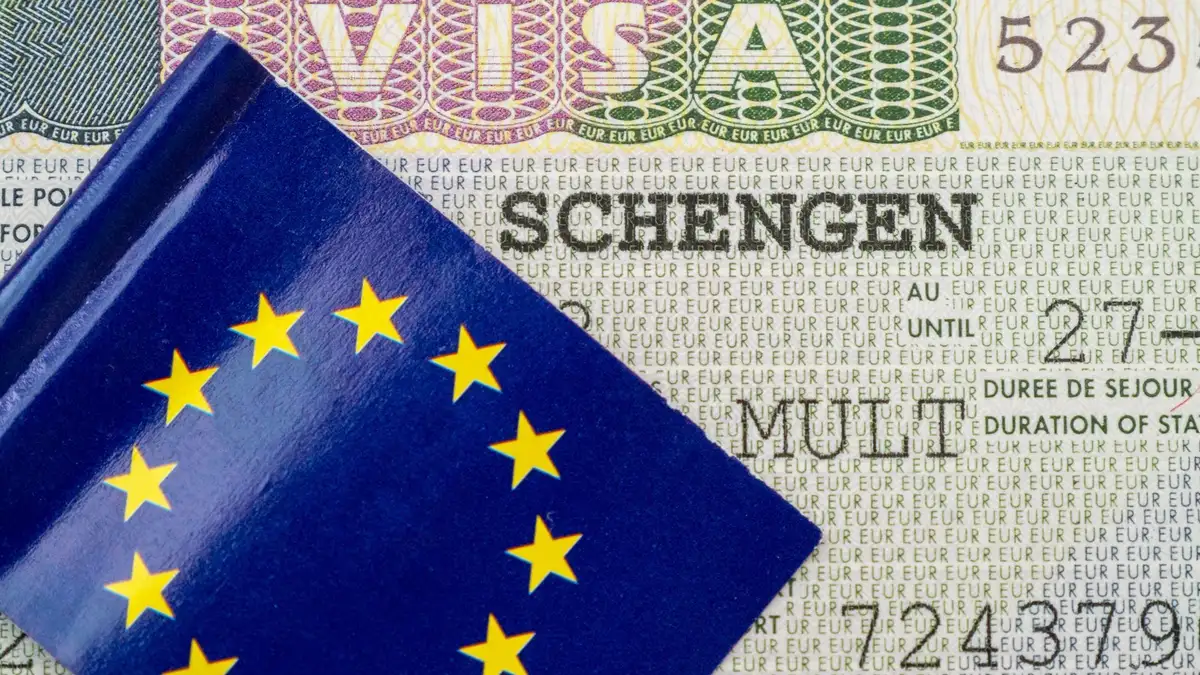

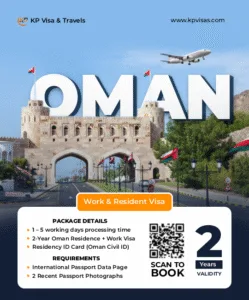
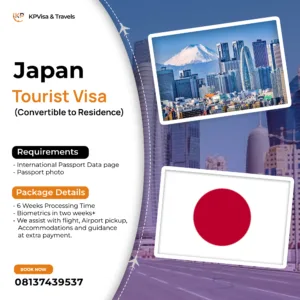
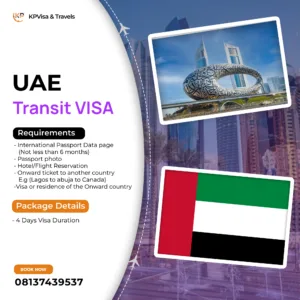
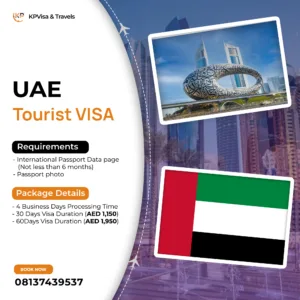
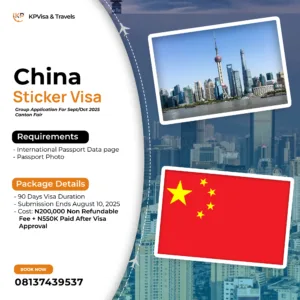
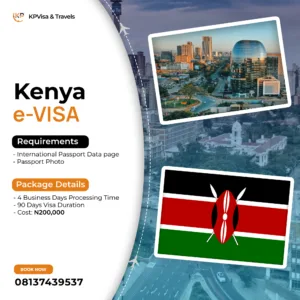
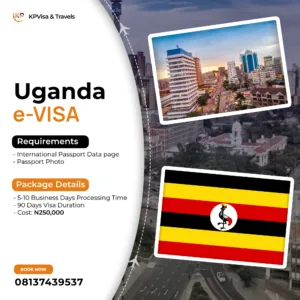
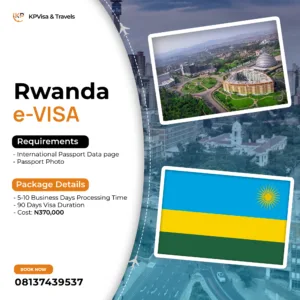

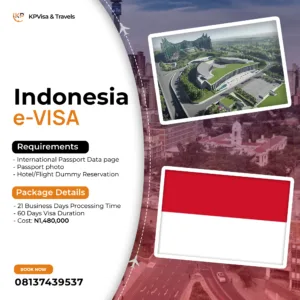

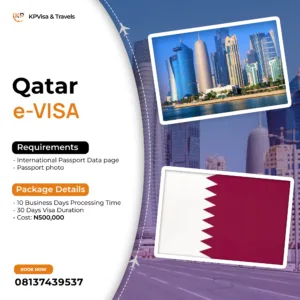






















No responses yet